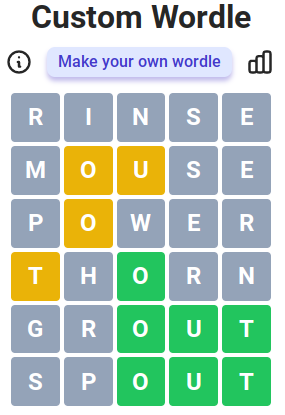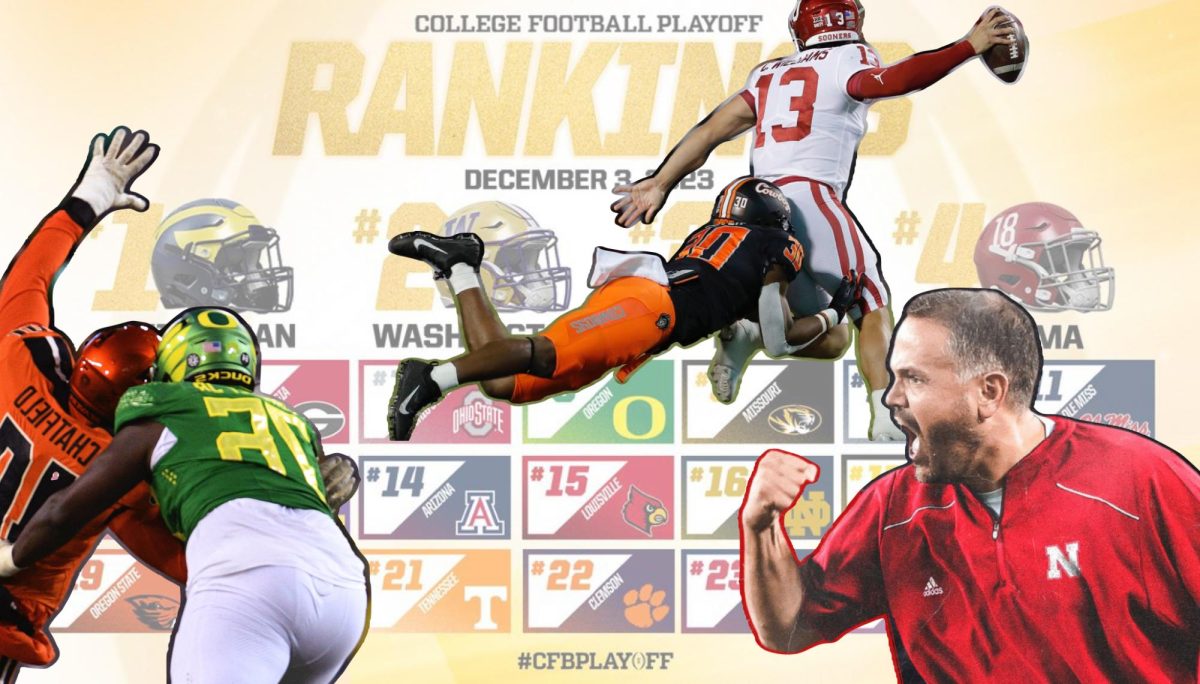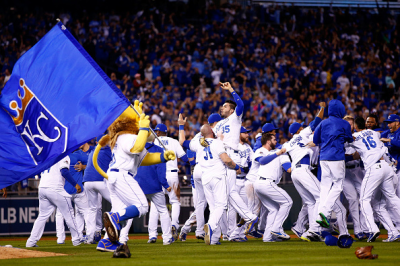

After watching teams such as the Royals, Mets, and Cardinals building championship teams from years of clever scouting and stockpiling prospects, most baseball officials agree that competitive balance is at it’s peak in the MLB.
Despite all 30 teams entering the season with a fair chance of winning the World Series, budgeting for a championship team is becoming a more challenging task every offseason as impending free agents demand higher salaries. At this rate, the days of “buying championships” or building dynasties are over. Baseball is now the world’s budgeter sport.
In 2009, the Yankees found their AL East crown slipping. Boston’s World Series victories in 2004 and 2007 propelled the rival Red Sox to becoming annual favorites within the division. Meanwhile, Tampa Bay’s highly touted prospects such as David Price and Evan Longoria became superstars in the big leagues, providing a new rival for the Bronx Bombers. Yankees GM Brian Cashman responded with the most notable free agent shopping spree of the last decade.
Already possessing the contract of baseball’s 275 million dollar man in Alex Rodriguez, Cashman signed Mark Teixeira and CC Sabathia, the market’s top position player and pitcher, respectively, to a pair of megadeals totaling 340 million. Subsequently, New York won 103 games that season and practically walked to a championship, going 11-4 in their three postseason series combined. The aftermath of that championship, though, has been a dark chapter in Yankees history.
Battling injury, Mark Teixeira has missed substantial time since 2010 with a series of ailments. CC Sabathia hasn’t pitched at an elite level in the postseason, most notably being knocked around by the Detroit Tigers in 2011 and 2012. Alex Rodriguez’s saga with performance enhancing drugs forced the Yankees’ star third basemen to watch their 2014 season from home. While Cashman is financially savvy enough to keep New York a buyer in the offseason and at the trade deadline, other franchises aren’t so fortunate.
Here’s a look at the top 15 contracts in baseball right now:
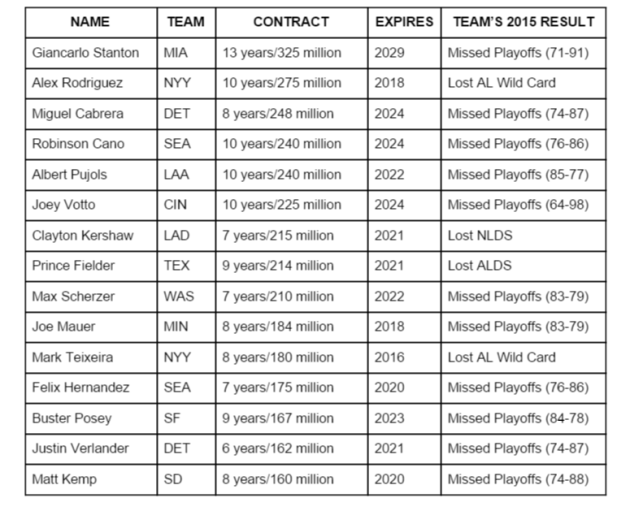
Only eight players from the list above have won a playoff game with their current team since signing their contract. Additionally, only three of those eight players (Rodriguez, Teixeira, and Posey) have gone on to win the World Series under their current contracts, but even that statistic is misleading. In the 2009 World Series, Rodriguez posted a subpar .250 average while Teixeira checked in at an abysmal .136.
Buster Posey might be the only player on this list who actually contribute heavily to his team’s World Series victory. Despite a .267 average in the 2012 World Series, Posey’s ability to call games behind the plate was outstanding, allowing outdated stars such as Barry Zito and Tim Lincecum to recapture the magic from their respective Cy Young winning seasons. Two years later though, in San Francisco’s triumph over Kansas City, Posey had no answer for Royals pitching, posting a .154 average.
The biggest issue with these contracts, however, is the outlook and lack of financial flexibility for the franchises moving forward. Baseball fans will generally argue that most players on this list are past their prime, with a few exceptions. Giancarlo Stanton, 26, was signed by the Marlins hoping that baseball’s best power hitters hadn’t reached his peak. In fact, Stanton’s deal is structured where he’ll receive annual salaries upwards of 32 million when he’s in his early 30’s, usually the “prime” of a player’s career.
This idea has sparked a huge buzz around outfielder Jason Heyward, who tests the free agent market for the first time this winter. Like Stanton, Heyward is only 26 years old and many executives believe his best years are ahead of him. Defensively, he’s one of baseball’s top corner outfielders. Displaying speed and power, Heyward is the definition of a five tool player and perhaps the more cost-efficient version of Mike Trout.
Building a franchise around an unproven player like Heyward or Stanton, though, isn’t the best option though. Look at the current World Series Champion in Kansas City. The “franchise player” on the Royals’ roster is debatable for one reason — KC wins as a team.
The Royals don’t possess a big bat in their lineup, such as a Jose Abreu or a Miguel Cabrera. Instead, Ned Yost’s lineup is constructed with nine players that can provide a clutch hit when necessary and productively build off the previous batters’ success. In their late inning rallies against Houston, Toronto, and New York this postseason, the Royals’ didn’t crush their opponents into submission with a few home runs. Instead, their lineup came through with a series of base hits that cleared outfield gaps, leaving a runner in scoring position for the next batter.
Though this team will lose veterans Alex Gordon and Johnny Cueto to free agency within the next few months, the core of this team remains intact with the highest annual salary checking in at eight million, an astonishing number considering the average salary , leaving this organization with enough cap space to bolster the team’s lone weak spot: starting pitching.
Therefore, the Royals’ strategy for building a championship team, adopted from the Billy Beane “Moneyball” tactics, might become a more attractive option for rebuilding franchises over the next decade.
Baseball’s players union is the most organized and closely configured in all of major sports. Rejecting several proposals for a salary cap, superstar players will continue to demand upwards of 15-20 million annually, seeking a team willing to sign them to the next “megadeal”.
Perhaps the continuing trend of success for teams with low payrolls will restore the market for superstar players to a reasonable state. For the time being though, the Royals might have finally found a way to beat the system.
photo credit: FOX Sports







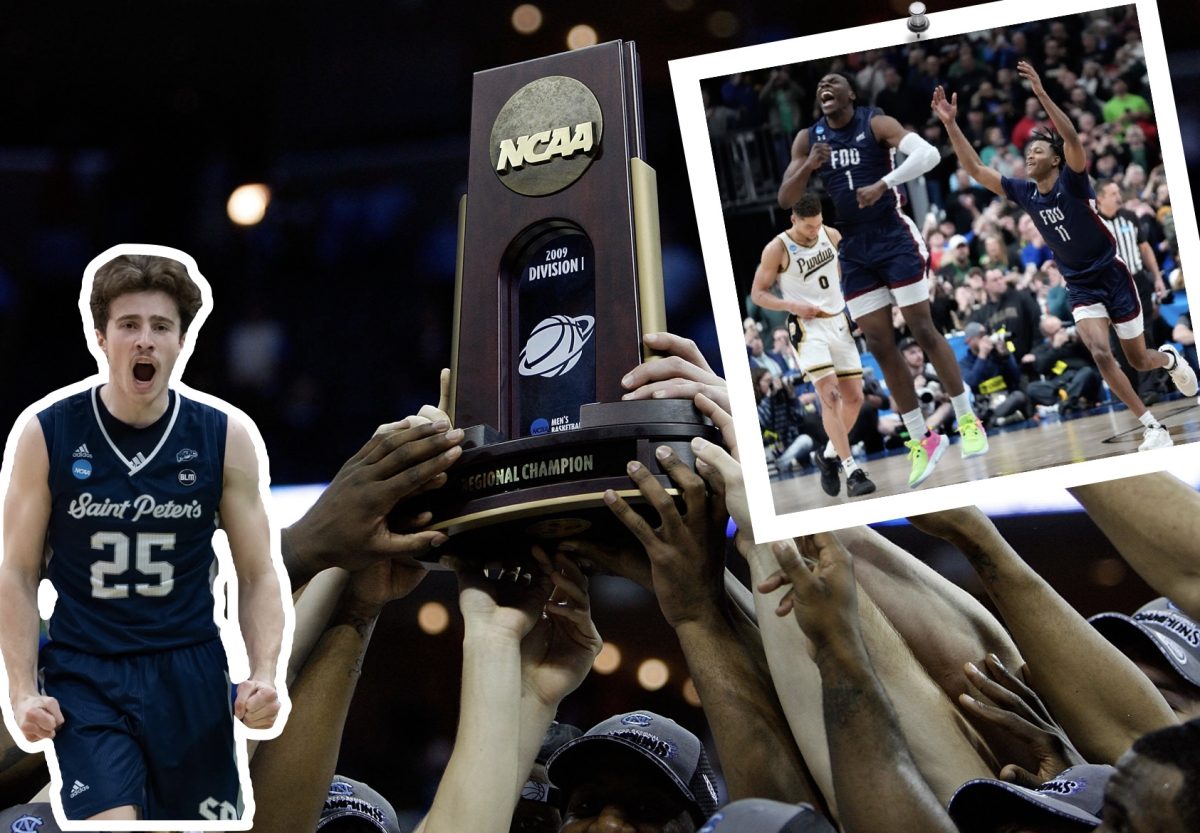

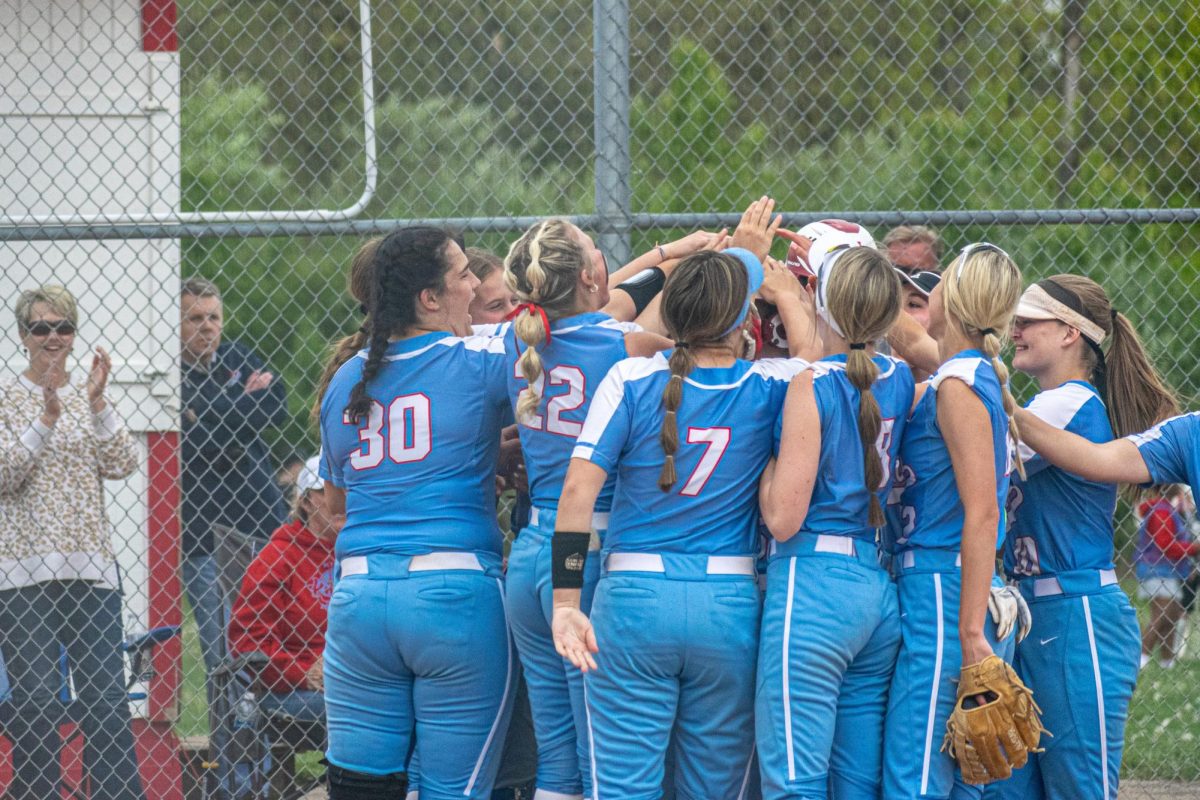














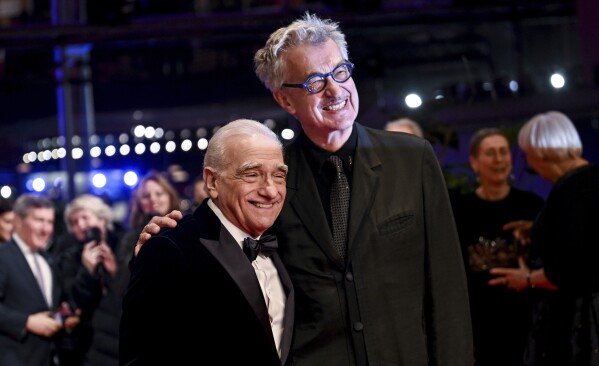


![During the holiday season, it can be tiring to hear the same Christmas songs all the time. These non-traditional tunes hope to cure some of the holiday monotony. [Photo Credit: Mallory Green]](https://khsknighttimes.com/wp-content/uploads/2023/12/greenfeatureimage-1200x680.jpg)

